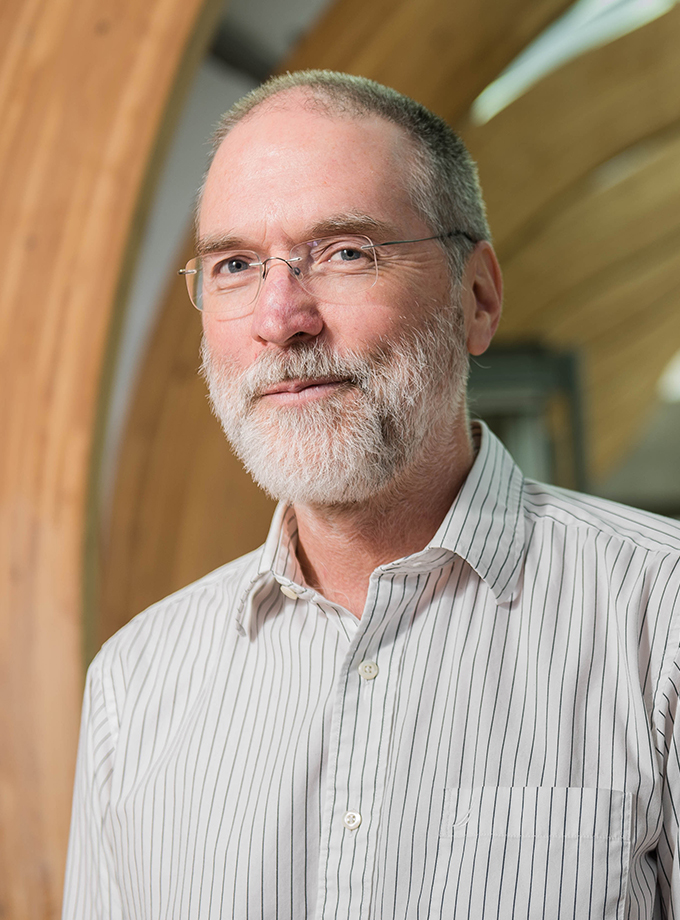Awards and recognition
Dr. James Piret’s research on T-cell therapies gets boost from a Collaborative Health Research Project operating grant, co-funded by CIHR and NSERC
T-cells, white blood cells that can trigger or suppress immune responses, have long been seen as a cell type that could provide life-changing immunotherapies. Contrary to using chemotherapy or immunosuppressive drugs that have many negative side-effects, T-cell therapies work by amplifying natural human mechanisms. Dr. James Piret, a Professor at the Michael Smith Laboratories and the Department of Chemical & Biological Engineering, has been investigating cell-based therapies for decades, contributing towards improved treatments for major diseases such as cancer and diabetes.

Dr. James Piret
This year, Dr. James Piret and his collaborators, Drs. Megan Levings and Bhushan Gopaluni, received a three-year Collaborative Health Research Project (CHRP) operating grant of over $600,000. CHRP grants are a joint initiative between the Canadian Institutes of Health Research (CIHR) and the Natural Sciences and Engineering Research Council of Canada (NSERC). They support focused, interdisciplinary, and collaborative research projects involving both natural sciences or engineering and a field of the health sciences.
With this grant, Dr. Piret and his collaborators aim to produce T-cells that suppress other immune cells for therapeutic purposes, such as to avoid transplant rejection or to reduce autoimmune disorders.
In order to do this, the team must first develop methods to increase the number of cells produced for treatment and to reduce the overall costs of cell manufacturing. This step will be dependent on the research conducted to increase the understanding and control of T-cell cultures. These T-cell manufacturing technology advances will then be networked by CellCAN and its affiliated cell therapy manufacturing facilities across Canada, informing other promising clinical treatments of the new technologies available for cell manufacturing.
Although there is still much research and development to be done, T-cell therapies have been shown to be highly effective and could ultimately, revolutionize the way patients are treated.